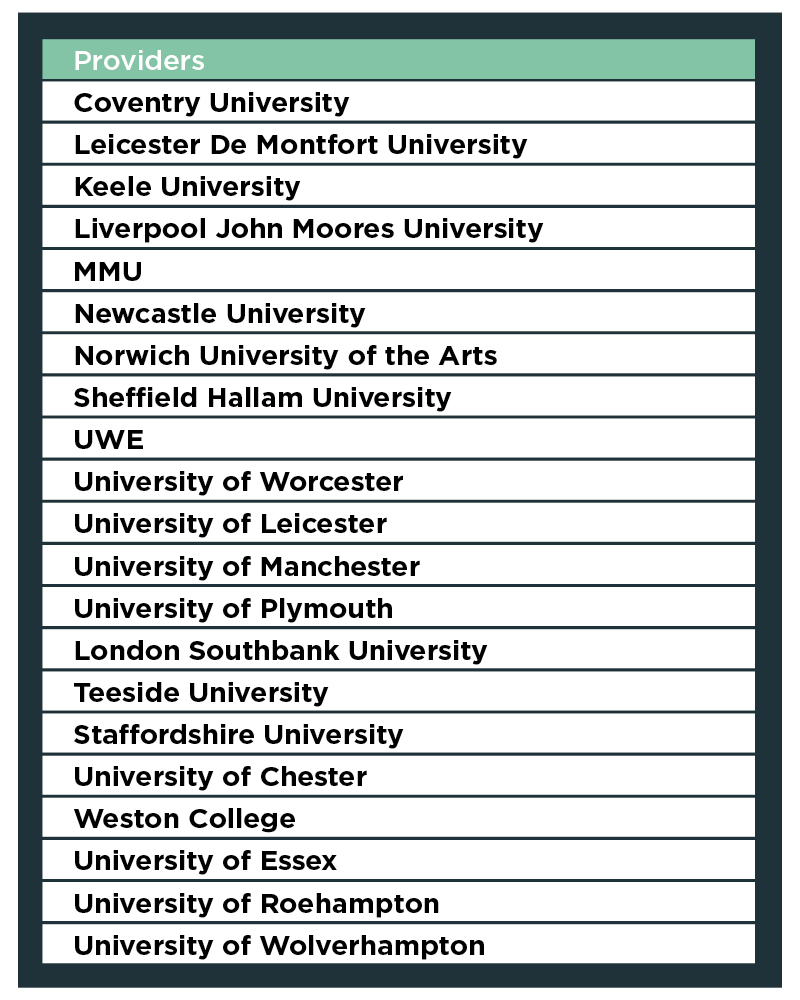If bigger changes are needed as Omicron spreads, colleges will need to be ready to implement contingency plans, writes David Hughes
This year’s final discussions between college leaders and their senior teams will probably be a bit different to those in the pre-pandemic era. Back then you might imagine discussions about the risks of snow interrupting the start of term in January or of cyber-attacks over the festive break. There would be the inevitable looking back over what always feels like a long term and the need for everyone to get a break – staff and students alike. There’d be the staff Christmas party to look forward to, hoping that everyone behaved themselves whilst letting their hair down before the welcome break.
This year might be a bit different around those senior leadership meeting tables (virtually or real) – probably no Christmas party for a start, they look risky. There’s likely to be a big focus on staff and student well-being though, after such a long period of disruptions and uncertainties and even more desire to ensure all staff get a chance for a break this year. All of that though might have been swamped by speculation about how covid is developing.
The trick, of course, is to move the discussion from speculation about how omicron might impact, to thinking about the situation that might be facing colleges in January and doing the contingency planning. Time spent now on that planning could be invaluable in the weeks to come because we know that decisions often must be made with little implementation time. And after nearly two years of this, we know the sorts of things which might become challenges. Here are my top 5 possible scenarios to get you started:
1. The government has to ramp up the covid controls and decides that a short lockdown is essential to break the spread of omicron. Colleges are asked to close and continue learning for most students online. Like before, there would probably be a need for onsite learning and support for vulnerable students.
2. No national lockdown, but your local Director of Public Health decides that covid numbers in your area require a local lockdown, with the college closing other than for vulnerable students.
3. The government needs to tighten up controls but sticks to the line that learning must not be disrupted. For colleges that might lead to the January and February exams being cancelled. This could be for all assessments or could allow colleges to continue to carry out assessments in practical courses for those needing qualifications to move into the labour market.
4. Numbers of staff absences reaches crisis point in the college from a combination of covid cases, self-isolations and other illnesses. That puts pressure on both teaching and managing exams.
5. Student covid cases rise to very high proportions, meaning that attendance is suffering and many students will not be able to attend for their exams.
None of these might happen, or a combination could, and every college will have its own more nuanced and sophisticated scenarios planned for by now. Often we do contingency planning, and it doesn’t need to be used, and I hope that that is the case this time, but it’s a useful exercise to do nonetheless. Whatever the scenarios there are some basic components of a plan which need to be addressed:
1. Key responsibilities are all clear – who leads, who decides, who is involved in the plans, decisions and implementation.
2. Communication with the governing body, staff and students are all ready to go – who needs to know, what do they need to know and when.
3. Clarity on the particular needs of different groups of students –stage of learning, ability to move online, needs of students on hand-on practical courses, those wanting to be assessed to move into work soon, more vulnerable learners and so on.
4. Resources are ready to be mobilised – online learning materials, masks and PPE, laptops/dongles and so on.
5. External stakeholder communications are all ready to roll – ESFA, DfE, Director of Public Health, the media, partner organisations.
As always, college leaders will use their skills and judgements, honed over the last couple of tough years, to make the best decisions for students. Nobody wants them to suffer more disruptions, and the priority is always to keep education and training going, but that desire has to be balanced with the need to keep students and staff as safe from covid as possible.
We all hope that next term will start calmly and be as normal as anything can be in a pandemic. It’s pretty clear though that the rapid spread of omicron will need some local adaptations and I want colleges to be trusted to make those – sensibly and proportionately but designed to work for their own context.
But if bigger changes are needed, colleges will be ready to implement their contingency plans. What they will need is early and clear communications from government which allow colleges to use their judgement about how to implement. We will also need to work hard on the media to ensure that they recognise the differences between schools, colleges and universities, because students and their parents need to hear that their needs and circumstances are being planned for.
Whatever happens, and it does feel as uncertain as ever, colleges will shine through. I just hope that everyone in our sector manages a break this festive season, a chance to recharge batteries and clear minds. That would be the best present lots of people could wish for.

